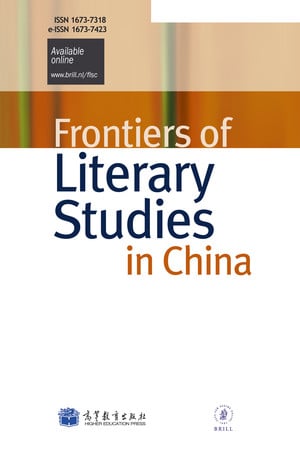You have /5 articles left.
Sign up for a free account or log in.
 Brill has terminated its relationship with the Beijing-based Higher Education Press to distribute four China-focused journals after scholars reported an entire article was removed from one of the journals by Chinese censors. Scholars had argued that the partnership between Brill, a Dutch publisher, and the Beijing-based HEP was problematic because they were led in part by the association with Brill to believe the journal Frontiers of Literary Studies in China (FLSC) would be published according to standards of academic freedom when in practice it was subject to Chinese state censorship.
Brill has terminated its relationship with the Beijing-based Higher Education Press to distribute four China-focused journals after scholars reported an entire article was removed from one of the journals by Chinese censors. Scholars had argued that the partnership between Brill, a Dutch publisher, and the Beijing-based HEP was problematic because they were led in part by the association with Brill to believe the journal Frontiers of Literary Studies in China (FLSC) would be published according to standards of academic freedom when in practice it was subject to Chinese state censorship.
Jacob Edmond, an associate professor of English at New Zealand’s University of Otago and the guest editor of a special issue of the FLSC journal that was censored, said he welcomed Brill’s decision, which goes in effect in 2020, as “a small win in what is an ongoing battle against censorship creep.
“However, I do not see this win as any particular cause for celebration,” Edmond added. “I feel saddened that we should have had to speak out publicly before Brill chose to take this step. I also feel sad for those who have in good faith submitted work to, done peer reviews for or otherwise supported FLSC and these other journals. While some work has been censored, other good work has no doubt been published. I feel sad that this work done in good faith should have been tarnished by what was -- whatever the original intention -- in effect a duplicitous and unethical representation of these journals as operating in accordance with the standards of academic freedom that we expect from a publisher like Brill. Brill has now recognized its mistake. I hope that the editors of these journals will now do the same.”
The editor in chief of FLSC, Xudong Zhang, a professor of comparative literature and East Asian studies at New York University, did not respond to a request for comment.








